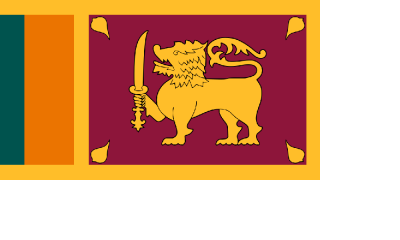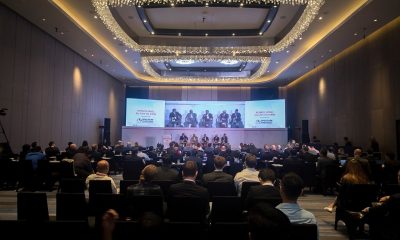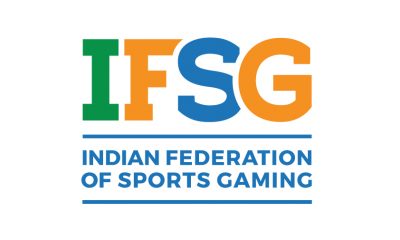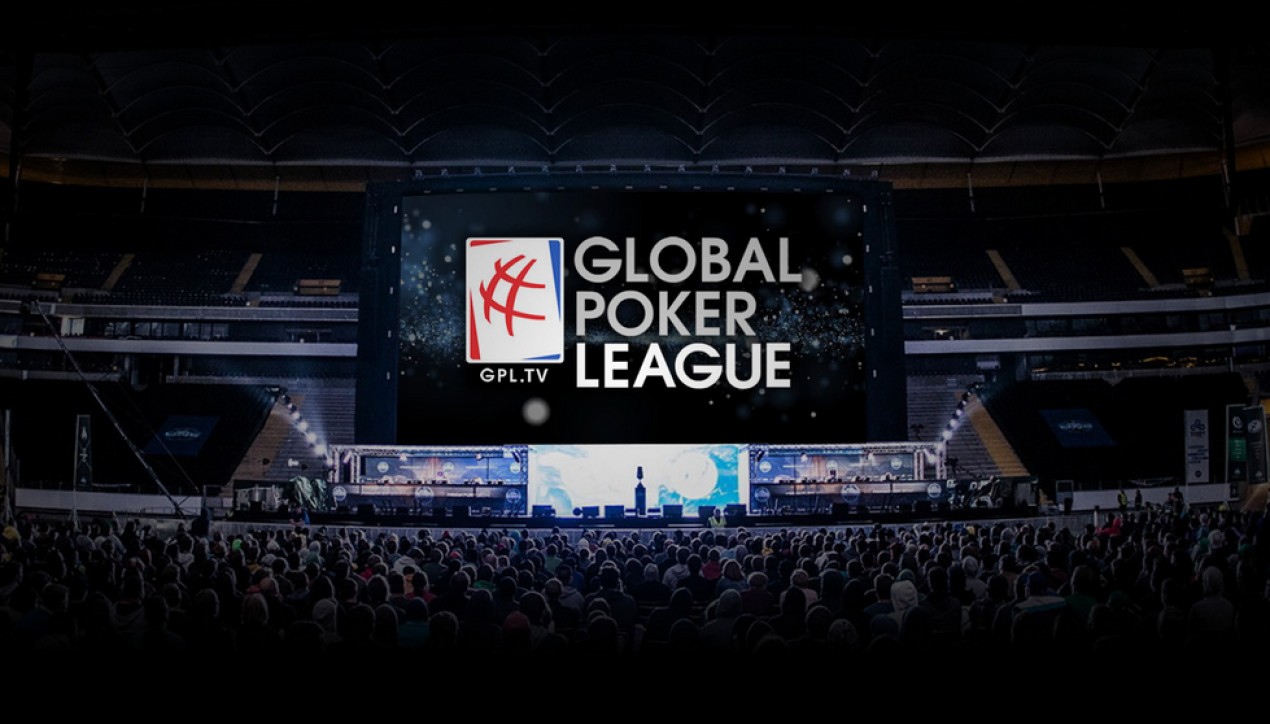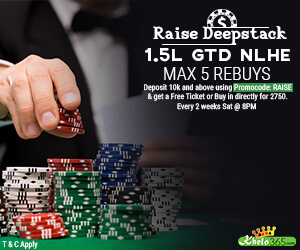Business
Passage of GST Bill to dramatically alter the taxation structure of gaming and lottery industries

The passage of the Constitution (122nd Amendment) Bill, 2016 by both the Houses of Parliament and the central government’s announcement of its intention to implement a uniform ‘one nation, one tax’, i.e. the Goods and Services Tax (GST) by 1st April 2017, will dramatically alter the taxation structure of gaming, betting and lottery as well as online skill gaming companies in the country, according to legal experts.
As per the 122nd Constitutional Amendment Bill, unanimously passed by both Lok Sabha and Rajya Sabha, the power of state governments to tax luxuries, amusements, entertainment, gambling and betting etc. has been taken away and subsumed into an integrated tax, i.e. GST- which can be charged at the state level or central level depending on the place of supply and location of the consumer.
As per newly enacted Article 246A of the Constitution, the state governments along with the Parliament will have concurrent powers to make laws pertaining to virtually all indirect taxes, with the GST Council, a new constitutional body comprising of state and central finance ministers having the right to recommend rates for various goods and services and settling disputes between the states or the centre.
Further, gambling and betting activities have been clubbed under the category of services under the constitutional amendment, since Article 366(26A) now defines services to mean anything apart from goods. Further, as per the model GST law, actionable claim has also been included within the ambit of services, thereby covering lotteries and gaming tax.
Although there is no clarity on the quantum of tax for either online skill games services or casinos/lottery operations, it is widely believed that the standard rate of around 22% will be applied on online skill games, while a demerit rate of 40% or more may be applied on casinos and other gaming or betting activities.
It is also widely expected that more clarity will emerge after ratification of the 122nd Constitutional Amendment Bill by state legislatures and passage of the model GST law, based on which most states will formulate the law. However, it is increasingly becoming clear that the service tax rate of 15% paid by online skill game (poker, rummy and fantasy gaming companies) will definitely go up by 5-7% while the tax rate on betting, gaming, casinos and lotteries is also likely to go up significantly higher.
Further, availing input credit, burden of filing monthly forms and multiple registration in various states will increase the compliance costs and burden on existing gaming companies. Additionally, there is no clarity on the definition of supply in the model GST law and whether only the gaming revenue (i.e. deposits minus winnings) will be taxed.
Experts therefore have indicated that the gaming industry should be prepared for a higher tax rate from the next financial year onwards, at least for a few years and be prepared for additional compliance challenges during the transition period from service/gaming tax to GST.







